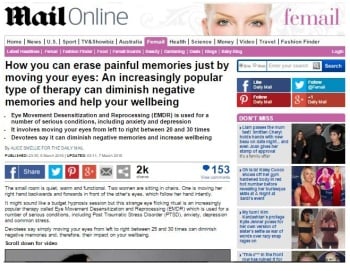Turkish surgeons using hypnosis for open heart surgery
Posted on
Turkish surgeons using hypnosis for open heart surgery
A report in the Turkish press today discusses the fact that surgeons are returning to the use of hypnosis during operations to shorten hospitalisation and intensive care periods as well as reduce the amount of medication prescribed.
Presented in the Daily Sabbah the report follows on from previous news that talks about studies that have been undertaken to look at the efficacy of hypnosis in helping to deal with pain and post operative recovery.
In previous studies, it was also reported that women who underwent hypnosis before breast cancer surgery needed less anaesthesia and had fewer side effects than women who received only counselling.
The medical study into Hypnosis for Heart Surgery
Professor and surgeon Ahmet Akgül of the Istanbul University's Faculty of Medicine and his team apply hypnosis during open-heart surgeries and report that patients feel almost no pain during the postoperative period.
"They also do not have to stay a week in the hospital, which affects costs," Akgül told Turkish newspaper Sabah.
For his study, Akgül divided patients into two groups, a control group and a study group.
"Before the patients were operated on, the study group underwent a hypnosis section, instructing them they would not feel pain," Akgül said, adding the results were successful. Akgül said they stayed only one day in the intensive care unit and their hospitalization period lasted only three days.
The study results were published in the journal of Thoracic and Cardiovascular Surgery.
The use of hypnosis and teaching the techniques to people who are dealing with pain is very common. I work with many chronic pain sufferers who can find that the pain can also affect them in other ways and helping to teach them to turn down and manage the pain can have great benefits to their feelings of well being as well as the obvious issues with the pain itself.
It is also interesting to note that there are a great many medical studies that look into the use of hypnosis and hypnotherapy and the results are often surprising in their success to people who may still view this as an alternative treatment. The NHS in the UK is just one of the health providers across the world that offers a great deal of information on its own website.

